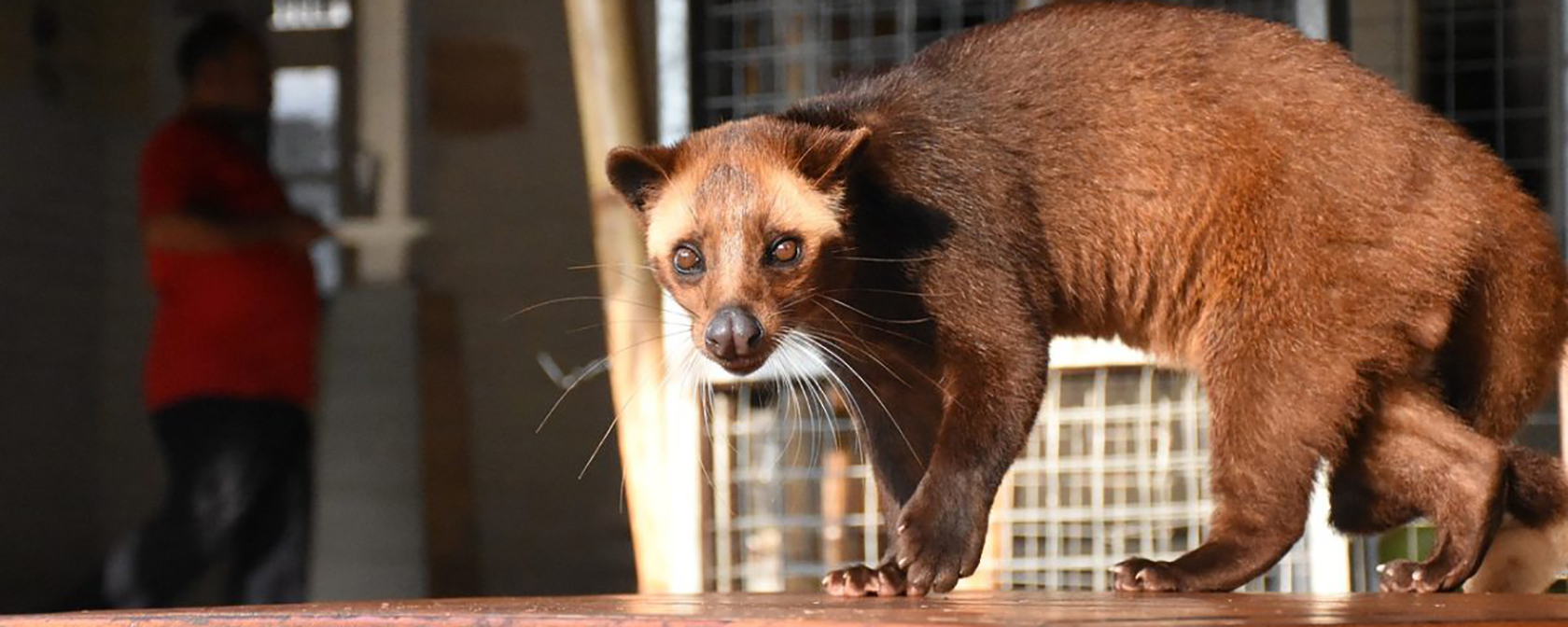With unprecedented focus on the dangers that wildlife markets and wildlife trafficking pose to human health and animal welfare worldwide, the U.S. House of Representatives upped its ante yesterday by passing an appropriations package with strong language targeting the twinned threats.
The annual funding bill for the Department of State, U.S. Agency for International Development, and other agencies H.R. 4373, will add tens of millions of dollars to conservation funds and biodiversity initiatives, food security programs, and anti-poaching and law enforcement work— investments informed by deeper understanding of the connection of these concerns with zoonotic diseases. We’re delighted, because we’ve been pushing hard for Members of Congress to prioritize funding for anti-wildlife trafficking efforts and the shutting down of wildlife markets as part of a global pandemic prevention strategy.
The COVID-19 pandemic has confirmed what scientists have been warning about for many years: that our frequently ruthless treatment of animals does more than present a dire threat to biodiversity and conservation. It also has the potential to undermine the health, welfare, and safety of humans and animals alike. The link between animal, environmental, and human health has never been more evident than in this century’s repeated outbreaks of zoonotic diseases facilitated by wildlife markets, trade in wild animals, and habitat destruction that brings humans, domestic animals and wildlife into closer, more frequent contact.
While markets that sell and slaughter wild animals onsite for human consumption operate legally around the world, including in the U.S., they frequently have demonstrable links to the illicit trade in threatened and endangered wildlife. Legal or illegal, the markets and the trade need to end.
In its report, the House directed the Secretary of State to work with global partners to discourage commercial wildlife markets and the wildlife trade for human consumption. The report’s authors also encouraged the federal government to work across a host of sectors toward the prevention of zoonotic diseases. Such efforts will require USAID to prepare a comprehensive plan to address zoonotic disease threats tied to wildlife markets and the commercial trade in live wildlife and their raw or unprocessed parts and products.
The appropriations package lays the groundwork for more permanent solutions like those encompassed within the Preventing Future Pandemics Act. That bill, introduced in January, with strong bipartisan leadership by Reps. Mike Quigley, D-Ill., and Fred Upton, R-Mich., in the House (with 107 sponsors at present), and U.S. Senators John Cornyn, R-Texas, Cory Booker, D-N.J., Thom Tillis, R-N.C., and Tom Carper, D-Del., in the Senate. The House passage of these critical funding directives is only the first step in a larger campaign. We’re going to push for Senate approval of H.R. 4373, to fund State, USAID, and related programs through September 2022, but we’re going to work even harder to build support for the permanent solutions laid out in the Preventing Future Pandemics Act.
The stakes could not be higher, as variants of the coronavirus continue to spread worldwide, causing massive disruption, serious illness, loss of life, and economic turmoil. We’ve been decrying the hazards and perils of wildlife markets and the wildlife trade for many years, but the global pandemic has fixed the world’s attention on them in an unparalleled way. We’re determined to turn that public attention into policy actions that eliminate the risks of deadly disease emerging from our use and consumption of live wildlife while ending the cruelty and suffering animals endure in wildlife markets and trade around the world.
All of the animal protection issues we work on are important to us but whenever one of them converges with a major news event like the pandemic, we double down in our efforts to gain ground and secure lasting legislative or regulatory action. We did it with Hurricane Katrina, which catalyzed support for the Pets Evacuation and Transportation Standards Act of 2006, and changed the landscape for animal-related disaster response. We’ve done it in other instances that have elevated the plight of animals to the top of the news cycle, and it only makes sense. There’s no better time to transform public concern into policy action for animals than in moments like this, when millions of Americans and those who represent them in the U.S. Congress can so easily discern the deep connections between human safety and animal welfare.
The measures approved yesterday, at the intersection of global public health and the humane treatment of animals, give us the chance to shape an active public policy solution that will rid the world of wildlife markets and the illegal trade in wildlife. And we couldn’t do so soon enough.




